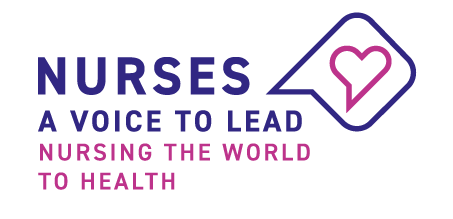Helping paediatric rheumatology patients transition to adult care
The Paediatric Rheumatology and Immunology service at the KK Women’s and Children’s Hospital (KKH) – the largest hospital specializing in the care for women and children’s health in Singapore – was established in January 2009. The multidisciplinary team of paediatric rheumatologists, paediatric rheumatology nurses, medical social workers, pharmacists, physiotherapists, occupational therapists and research coordinators, work together to provide patient-centred care with the aim to achieve excellence in clinical, education and research, and to be a centre of excellence in paediatric rheumatology.
The majority of the childhood onset rheumatic diseases often continue into adulthood and patients are transferred from KKH to an adult hospital once they turn 17 years old. The sudden transfer of care from a paediatric to an adult setting can be disorienting and sometimes results in poor compliance and loss of follow-up, impairing overall clinical outcomes, psychosocial health and medical costs.
Care for adolescents/youths, especially during transition from a paediatric healthcare system to an adult healthcare system, is crucial. However, transition care is never easy in healthcare as it requires a lot of patience, care, understanding and coordination within a multidisciplinary team of healthcare professionals, patients and parents/ caregivers. Adolescents or youths with rheumatic diseases need help and support from expert healthcare professionals to ease this transition.
In view of these challenges, KKH developed the nurse-led Paediatric Rheumatology Transition Program (PRTP) in 2016, which aims to access and ensure transition readiness, provide guidance and promote independence of adolescents transitioning to an adult model of care.
The PRTP programme consists of six core elements: transition policy; planning; readiness assessment; transfer of care; tracking and monitoring; and transfer completion and programme evaluation. Parents are informed and involved in the preparation and completion phase of transition.
Once the patient is in clinical remission and reaches 15 years old, preparation processes focusing on medical condition and medications, and empowering for independence are implemented. At the age of 17, the process of transition readiness assessment (TRA) is applied. The assessment is composed of four components: transition-importance, transition-confidence, medical/healthcare knowledge, and transition readiness assessment questionnaire. Implementation of the TRA enables the paediatric rheumatology team to learn and understand local youths’ perception and readiness for adult transition process as well as to guide individualised counselling to patients who are ready to be transited.
Should the patients require any further psychosocial counselling and/or financial assistance, they are put in touch with medical social workers (MSW) who liaise directly with adult MSW to provide seamless transition of care to the adult hospital.
The transfer of patients to the adult health care system takes place once patients are in clinical remission and deemed psychosocially ready. The Paediatric Rheumatology team remains in contact with the adult healthcare service and offers continuous support to patients and adult healthcare professionals within the first year of transition. Evaluation and enhancement of the programme are conducted via feedback from patients and adult healthcare providers, as well as data analysis. Successful transition is defined as complete compliance with every adult Rheumatology appointment during the first year of transition.
To date, PRTP has transitioned 169 patients; 95% of whom were successfully transited and 5% who defaulted at the first-appointment or attended the first appointment but defaulted subsequently. With further counselling and coordination with the adult rheumatology team, all patients were back in the adult healthcare system with no major flare of the disease during the first year of transition. With targeted education, guidance and counselling, the patient’s confidence level and knowledge on medical/healthcare was significantly improved. Positive feedback and compliments were reported by transited patients and other subspecialties.
Rheumatology nurses have a pivotal role in accessing, providing information and guidance to patients in order to attain the developmental competencies and demonstrate their readiness to start the transition to the adult healthcare system. A well-planned structured multidisciplinary transition programme with continual support, close follow-up and understanding is essential in achieving an effective and successful transition.

